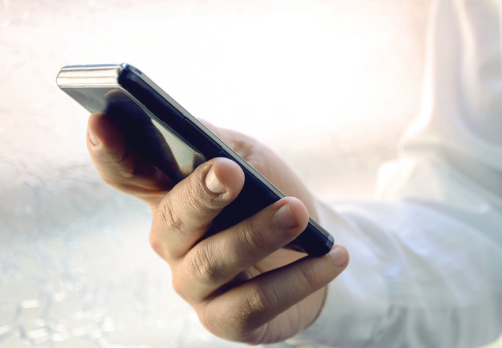Charge your phone in six minutes with MIT 'egg and yolk' battery
Researchers have created a new type of battery that promises ultra-fast charging


Sign up today and you will receive a free copy of our Future Focus 2025 report - the leading guidance on AI, cybersecurity and other IT challenges as per 700+ senior executives
You are now subscribed
Your newsletter sign-up was successful
MIT have created a new, affordable type of battery that promises to charge a smartphone in six minutes, using a nanoparticle 'egg and yolk' structure.
The battery consists of a titanium dioxide protective shell for the 'yolk' centre that can then expand and contract within the nanoparticle. This means that the standard lithium-ion battery's negative electrode graphite can be replaced with aluminium.
Normally, lithium-ion batteries expand and contract during each cycle, which gradually wears down its capacity. The protective shell stops this from happening.
"We came up with the method serendipitously, it was a chance discovery," MIT professor Ju Li said.
The protective shell is what makes this a viable option for a battery used for charging, and has been developed by researchers from MIT and China's Tsinghua University.
David Lou, an associate professor of chemical and biomolecular engineering at Nanyang Technological University in Singapore, said: "These yolk-shell particles show very impressive performance in lab-scale testing. To me, the most attractive point of this work is that the process appears simple and scalable."
Earlier this year, researchers at Stanford University unveiled a new mobile phone battery that they claimed could charge in only 60 seconds. It was also touted as being safer and more resilient than lithium alternatives.
Sign up today and you will receive a free copy of our Future Focus 2025 report - the leading guidance on AI, cybersecurity and other IT challenges as per 700+ senior executives
"We have developed a rechargeable aluminium that may replace existing storage devices, such as alkaline batteries, which are bad for the environment, and lithium-ion batteries, which occasionally burst into flames," said Hongjie Dai, professor of chemistry at Stanford. Our new battery won't catch fire, even if you drill through it."
In 2014, a flexible paper-thin battery was also being developed by Imprint Energy, after it secured $6m to produce batteries that could be used in increasingly slender phones and tablets.
Caroline has been writing about technology for more than a decade, switching between consumer smart home news and reviews and in-depth B2B industry coverage. In addition to her work for IT Pro and Cloud Pro, she has contributed to a number of titles including Expert Reviews, TechRadar, The Week and many more. She is currently the smart home editor across Future Publishing's homes titles.
You can get in touch with Caroline via email at caroline.preece@futurenet.com.
-
 ITPro Best of Show NAB 2026 awards now open for entries
ITPro Best of Show NAB 2026 awards now open for entriesThe awards are a fantastic opportunity for companies to stand out at one of the industry's most attended shows
-
 Mistral CEO Arthur Mensch thinks 50% of SaaS solutions could be supplanted by AI
Mistral CEO Arthur Mensch thinks 50% of SaaS solutions could be supplanted by AINews Mensch’s comments come amidst rising concerns about the impact of AI on traditional software
